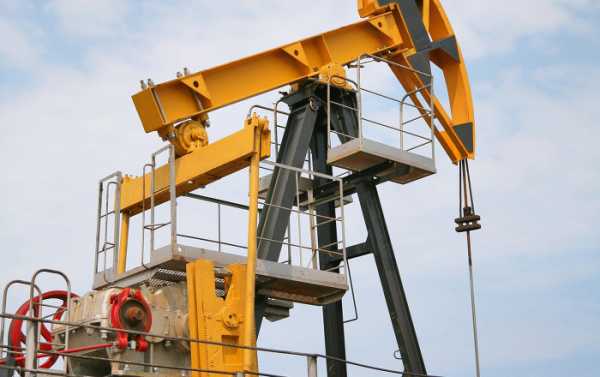
With global crude oil prices having spiked following Israeli Prime Minister Benjamin Netanyahu’s allegations of Iran’s clandestine nuclear development, Radio Sputnik discussed this with Phil Flynn, senior market analyst with Price Futures Group in Chicago.
Sputnik: In your view, why has the oil market reacted so sensitively to the announcement made by Netanyahu?
Phil Flynn: The concerns now are that there could be renewed sanctions on Iran. We see the tightest oil market in a generation, mainly because of strong global demand, and the potential loss of Iranian supplies is not going to be easily made up for.
Sputnik: Is it likely that the current gain in oil prices will be sustained and the price will go even higher?
Phil Flynn: We are going to see how the world views this. If it views this as a credible threat, I think this would lead to more sanctions and higher oil prices. […] The global oil market is on the rise because of underinvestment over the past couple of years and strong global demand. So I think we are in a new super-cycle on oil and we are going to see higher prices in the future.
Sputnik: Will additional sanctions on Iran impact the supply of Iranian oil to the global market?
Phil Flynn: China and India are the biggest importers of Iranian crude oil, and other countries like Turkey, too. Oil is a commodity and it’s not going to be just these countries, it’s going to be everybody on the globe. Prices go up because of a disruption in supplies and [the effects of this disruption] will be felt throughout the globe.
Sputnik: What countries are most likely to make up for the loss of Iranian oil supplies?
Phil Flynn: I think these will be the other OPEC countries. But to be honest with you, Russia, the US, maybe Saudi Arabia, have a lot of spare production capacity to fill that void. But I don’t think that Russia or Saudi Arabia will be in a hurry to do that. Let’s face it – they’ve been working together to raise the oil prices for the last year with this alliance between Russia and the OPEC, so I think they would sit back and watch the prices rise a little bit and not necessarily be in a hurry to make up for that loss of supply.
Sourse: sputniknews.com






